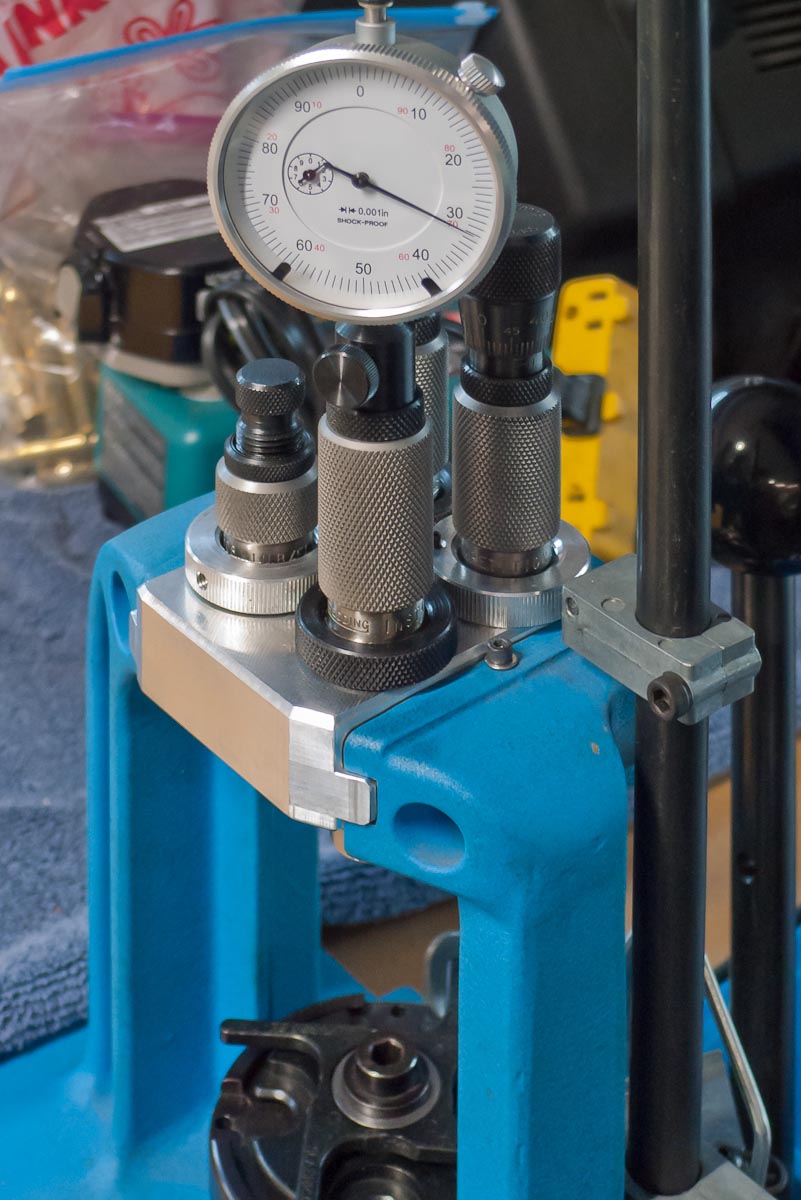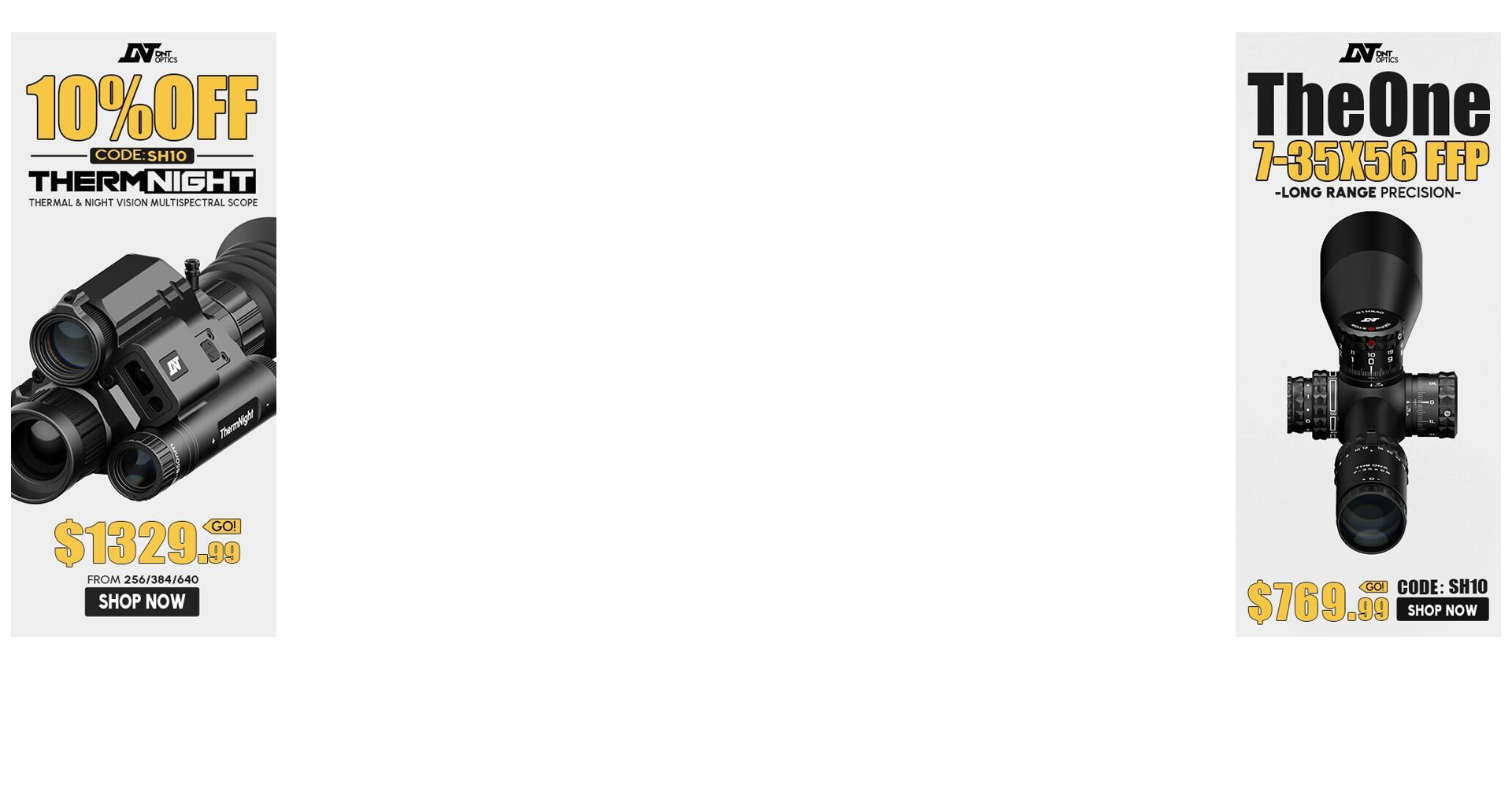Re: benefits of a "good" press
<div class="ubbcode-block"><div class="ubbcode-header">Originally Posted By: aiyadude</div><div class="ubbcode-body">great information everyone! thank you again. I have grown into the habit of checking the headspacing and bullet seating using the hornady comparators every 5 rounds or whenever i feel in doubt. some days I get consistent results, some days i catch one or two that need an extra run through the press. that redding instant comparator is definitely something interesting to consider.
now when it comes to lubing, what is your take on using that fine powdered mica for the neck?
</div></div>
Aiyadude,
If you are having slight variations in case shoulder height you might want to look at your lube. Over the years I have used a bunch of different lubes looking for what worked best. I tried various roll on water based stuff the who knows what they are spray on lubes and none of them really worked any differently or better. At some point I purchased some Imperial sizing wax to fill out an on-line order but didn't get around to trying it right away.
One day the Imperial sizing wax was staring up at me on the bench so I decided to give the wax a try. The next day was the day I threw out all the other case lubes I owned. It turned out that Imperial sizing wax was the last bit I needed to get the most consistent sizing results during case preparation. I also use Imperial's neck lube even though I am using Redding Ti coated bushings. Smooth and slippery helps to produce more consistent sizing as does following a two-step neck and full length resizing workflow as suggested by German Salizar in his many articles on
<span style="font-style: italic"><span style="font-weight: bold">"The Rifleman's Journ</span>al"</span>
Ironically the only real problem you will have that you will need an additional press to get the most benefit during die setup. The Redding Instant Comparator is a press mounted tool so you will need an additional press. The Redding IC allows you to use a gauge (this could be a loaded round with perfect dimensions, the included SAAMI minimum spec gauge or the headspace gauge that fits your rifle's chamber) to set the tool to compare the output of your press and dies as they are currently setup allowing you to quickly zero in to exactly where you need your case length, shoulder height and bullet ogive to be.
Once you have the die or seater setup to spec in one single stage press you can set the Redding IC in the other press to quickly confirm the finished cases or rounds. What I found with my modified Dillon 550 is that once setup correctly there is virtually no variation in case dimension or ogive of the finished rounds. I routinely check 1 round in 10 just to QC my loaded rounds but I have not seen any problems requiring attention.
The release of the Redding Instant Comparator is basically why I am using my old Dillon 550B press to load precision .308Win rounds instead of multiple single stage presses bolted all over my workbench. The Dillon 550's multiple stations allows me to setup the sizing dies for the particular rifle chambers I load for and setup for the exact dimensions I have recorded for that rifle's chamber and know with a very high level of confidence I am assembling virtually identical rounds that are in practical terms perfect for that rifle.
HTH!



